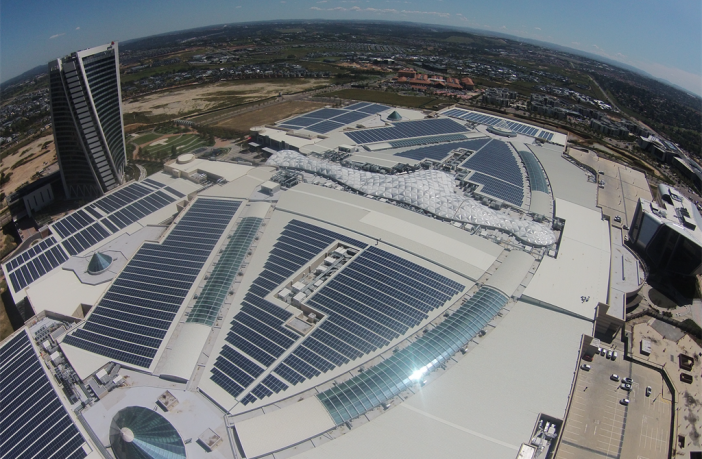Open-Ed
- For corporations with sustainability targets, PPAs are an optimal tool to accelerate the transition to clean sources of electricity while ensuring cost stability.
- Long-term contracts featuring fixed or predictable prices offer a practical solution for raising corporate sustainability and mitigating price volatility.
Countries with favorable solar conditions, such as Spain, Italy, Greece, and Poland, have seen substantial growth in PV power projects and solar PPAs. Other EU member states are also increasingly recognizing the potential of investing in solar energy.
For example, the Spanish market is experiencing a solar PPA resurgence due to competitive prices and abundant sunshine. IB Vogt has seen large-scale solar attracting significant attention from corporations and utilities. The main driver behind this growth stems from the combination of low PPA prices and the ample scale of projects with strong wind and solar resources, creating a conducive environment for corporate renewables-PPA buyers.
Compelling projects
One of the most compelling projects IB Vogt closed in Spain in 2022 was the 149 MW Garnacha solar power plant located in the province of Zamora. The project signed a 12-year PPA with Google. The successful close of project financing was a notable example of the combined power of different industries, such as renewable energy, global technology, and financial services all working together.
Along with Spain, the German and Italian markets have emerged as strongly competitive in terms of solar PPAs. Power purchase agreements are the third pillar of PV growth in Germany alongside invitations to tender, and self-consumption, according to the the current “EU Market Outlook” published by trade body SolarPower Europe. Italy has witnessed a resurgence in its solar industry with the revised National Integrated Plan for Climate and Energy for 2030 envisaging a leading role for solar in the nation’s energy mix and PV expected to represent more than half of Italy’s renewables capacity.
While the surge in these markets may not be surprising, given their relative maturity, central and Eastern Europe has also seen rising PPA potential. Emerging markets such as Poland, Romania, and Greece have recently increased their renewables targets, removing red tape for PPAs and becoming more attractive for corporate electricity purchasers.
Key benefit
Despite the surge in interest for corporate PPAs, the market for large-scale solar investments is in its early stages.
Intense competition for access to renewable energy projects has led to innovative deal structures and a wide range of contract terms. Fixed prices offer budgetary certainty and risk mitigation, ensuring stability but potentially missing out on market savings. Minimum price guarantees offer downside protection but may come with a cost premium.
Physical settlements offer direct energy supply and hedge against physical risk but can be logistically complex while financial settlements provide risk management and increased flexibility but expose buyers to financial market and basis risk – the financial risk that offsetting investments in a hedging strategy will not experience price changes in entirely opposite directions from each other.
Decisions should align with risk tolerance, budget considerations, and strategic goals, weighing the pros and cons of each pricing element to determine the most suitable approach.
Future PPAs
The future for solar PPAs in Europe appears bright. These agreements play a pivotal role in achieving EU targets for renewable energy adoption and reducing carbon emissions. As more corporations commit to sustainability goals and countries implement supportive policy, the market is poised for substantial growth.
A diverse array of players participate in these agreements. Project developers, large corporations, utilities, and financial institutions are key stakeholders and all of these players are contributing to the flourishing PPA ecosystem. Integrating capabilities is therefore essential to delivering end-to-end solutions for the execution of PPA deals.
IB Vogt’s commitment is to contribute to the growth and transformation of energy landscapes across the region with a pipeline of more than 45 GW of generation capacity of projects under development, of which around 28 GW are located in Europe.
Author: Sara Fountir Benbrahim

This article was originally published in pv magazine and is republished with permission.
Disclaimer: The articles and videos expressed in this publication are those of the authors. They do not purport to reflect the opinions or views of Green Building Africa, our staff or our advertisers. The designations employed in this publication and the presentation of material therein do not imply the expression of any opinion whatsoever on the part Green Building Africa concerning the legal status of any country, area or territory or of its authorities.















